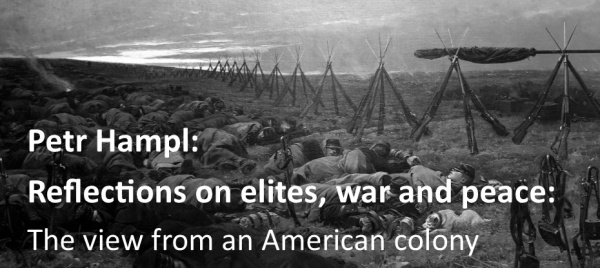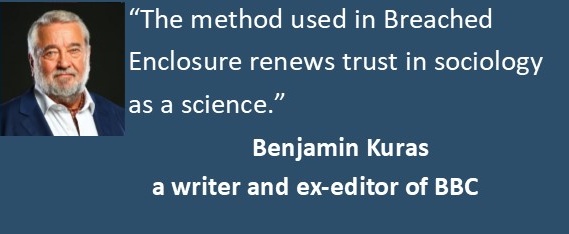Jana Bobošíková and Hana Lipovská, Institute for Freedom and Democracy
Those who restrict freedom of speech argue that “freedom of speech is not freedom of lies”. This assumes, of course, that there is an independent arbiter (is it the government’s disinformation commissioner, Michal Klíma?) who can safely distinguish between what is true and what is false. However, truth and falsehood are not decided by government decrees or regulations. After all, many of the statements that the government calls “pro-Kremlin disinformation” on its website (paid for with our money) are said quite freely in the foreign press by Pope Francis, Professor Jeffrey Sachs, or Professor Noam Chomsky. Moreover, the very word “disinform” is apparently one of those new irregular verbs in the vocabulary of today’s governments: The government informs; allies wage information warfare; everyone else is a disinformer. Democracy should not and must not be protected by bans and intimidation. But beware: everything cannot be blamed on the government alone. The power of government is derived from the will of the people. All those who stand by silently while freedom of speech is trampled on are therefore actively participating in the de-democratisation by their own passivity.
Matěj Stropnický, journalist and politician
The current government won its mandate in the elections thanks to a persistent campaign against the threat to democracy posed by the previous government. The speed with which it then began to protect democracy is therefore understandable. The most effective way to protect it is usually to identify the enemy (all of us with a different opinion) that threatens us (all of us with the same opinion). And then the only thing left to do is to crack down on the subversives. The government has also correctly judged that there is no time to wait for the wave of unequivocal condemnation of the Russian invasion to subside and for people to start realising that soldiers are dying on both sides, atrocities are being committed on both sides, and that both sides are spreading their own propaganda. Therefore, the government has shut down one of these propagandas, which logically leaves only the other. It is then easy to label anything that contradicts it, whether fact or nonsense, as disinformation, ban it, report it and punish it. The cycle will be closed by the opposition persistently saying that it must protect democracy from the current government.
Adam Votruba, historian and ethnologist
The atmosphere around disinformation suggests that Europe’s liberal elites are beginning to panic. Their manipulations are not working well, which they explain by the fact that others manipulate better. But democracy is based on the principle that the powerful or even the majority of society can be wrong and the minority can be right. Countering misinformation assumes that those who have power are also right. The shutting down of the websites took place without any basis in law, which the government admits by the fact that it is preparing the law after the fact. The question is to what extent the shut down sites were spreading genuine disinformation (deliberate untruths). Incidentally, the government’s website branmecesko.czoriginally began with the false sentence that the invasion of Ukraine was the first invasion of one European state by another since 1939. So a government that cannot tell truth from falsehood and lies itself wants to punish us for disinformation. Personally, I would solve the whole problem by obliging the media to be transparent about the owner and the sources of funding. If we can read whether we are buying Czech or Polish butter, why should we not be able to read whether the media is financed by readers, advertising, the Russian Government or an American billionaire? Let everyone weigh in cui bono.



